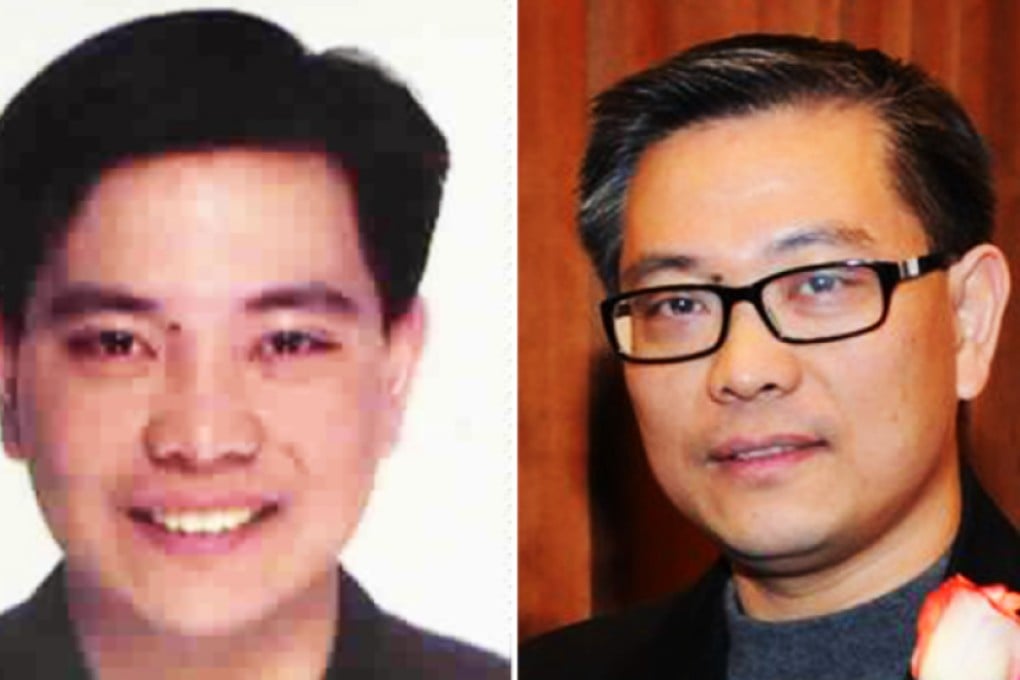Exclusive | Major Vancouver property developer is a Chinese corruption suspect wanted by Interpol
Photos of Michael Ching match Interpol fugitive Cheng Muyang, who fled Hong Kong in 2000

UPDATE: Michael Ching Mo Yeung has commenced legal proceedings against South China Morning Post in the Supreme Court of British Columbia. Mr Ching alleges in his lawsuit that this article contains false and defamatory statements, and that the conduct of South China Morning Post and its reporter was malicious, reprehensible, high-handed, and blameworthy.
A prominent Vancouver property developer has been identified as a Chinese corruption suspect who is wanted by Interpol, the South China Morning Post can reveal.
Photographs of businessman Michael Ching Mo Yeung, the president and CEO of Mo Yeung International Enterprise, match Interpol's photo of fugitive Cheng Muyang, who is sought by the People's Procuratorate of Qiaoxi district in Shijiazhuang, Hebei province, for graft and concealing and transferring illegal gains.
Cheng, 45, is the son of Cheng Weigao - a powerful official who served as party chief of Hebei and later chairman of the local people's congress. Cheng Weigao was investigated for corruption and subsequently expelled from the Communist Party in 2003. He died in disgrace in 2010.
The son was named by graft watchdog the Central Commission for Discipline Inspection (CCDI) in its investigation report against the father. "Our investigation showed that Cheng Weigao, while he was the senior leader of Hebei province, abused power to help his son Cheng Muyang to grab money. [Their illegal actions] have caused huge losses to the state," said the report carried by Xinhua last Thursday.
Guo Guangyun, a former mid-ranking official who spent eight years working to expose the Cheng family, confirmed the Post's findings that the photo of Michael Ching was that of Cheng Muyang.